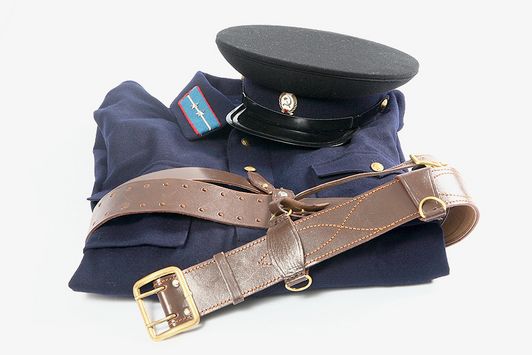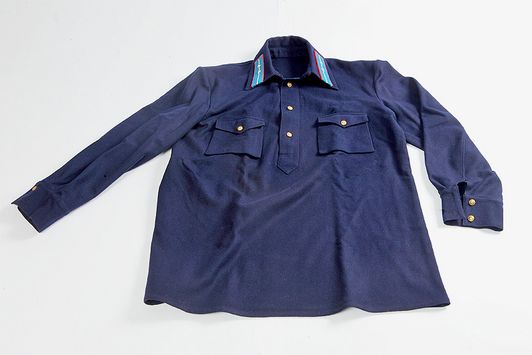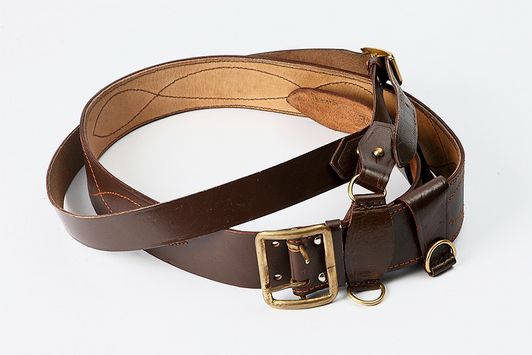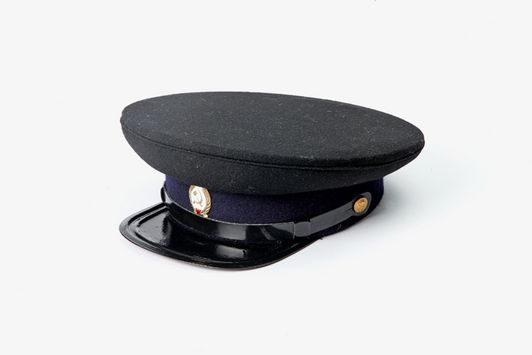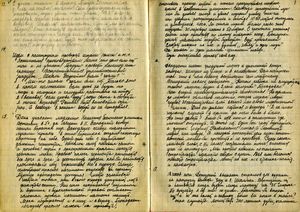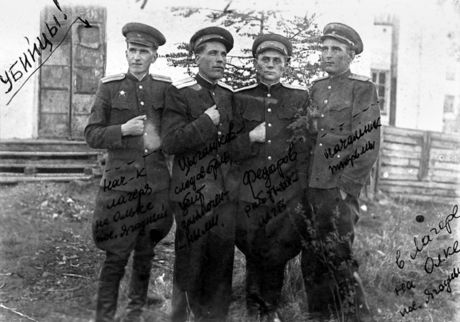Report by Lev Razgon, 1992. (1 min.) in German
L. Razgon (1908–1999), Russian writer and publicist, served in the secret police as a high-ranking authorized operative agent from 1933 to 1936, sentenced in 1938 to five years of forced labour, sentenced again in 1949, released before completion of term in 1955, involved in the founding of the “Memorial” human rights organization in 1988
Source: Lew Razgon: True Stories, Ann Arbor, 1997

